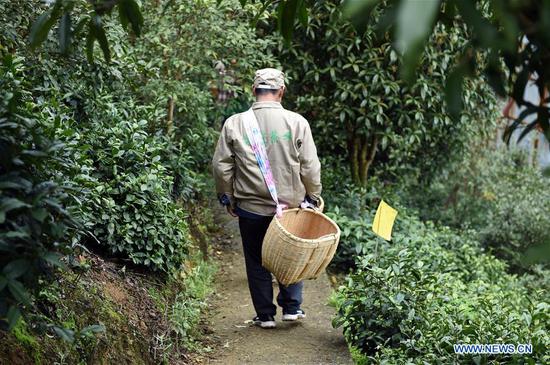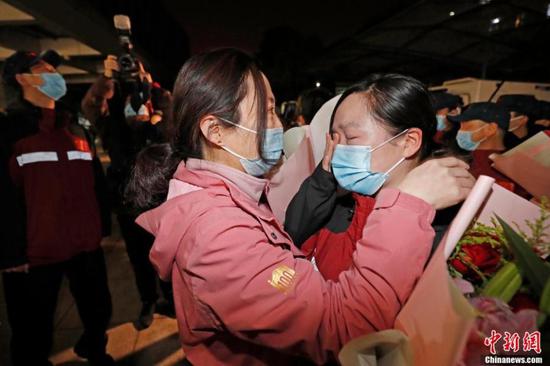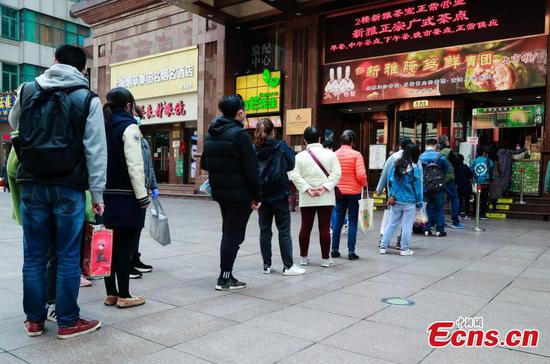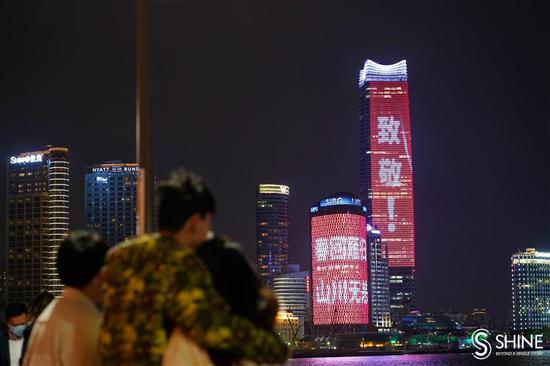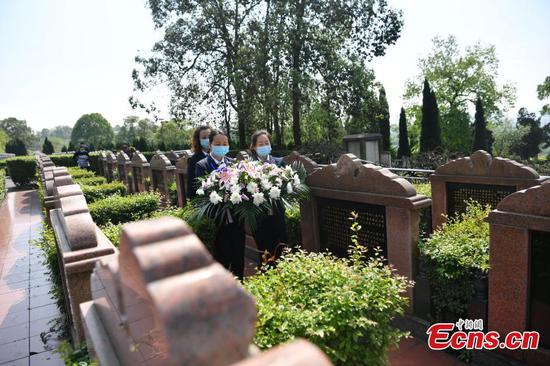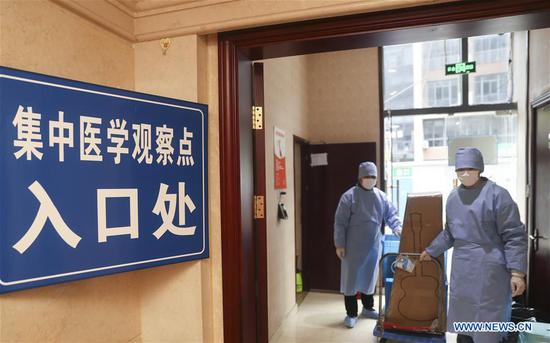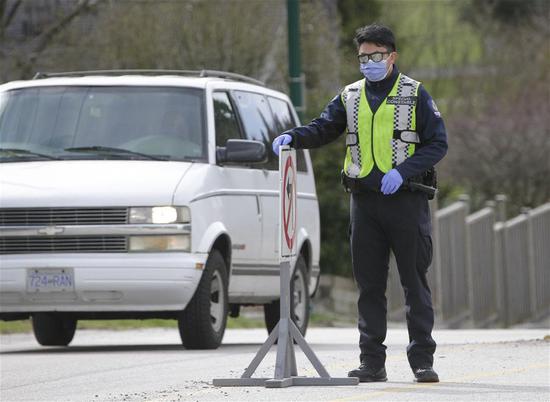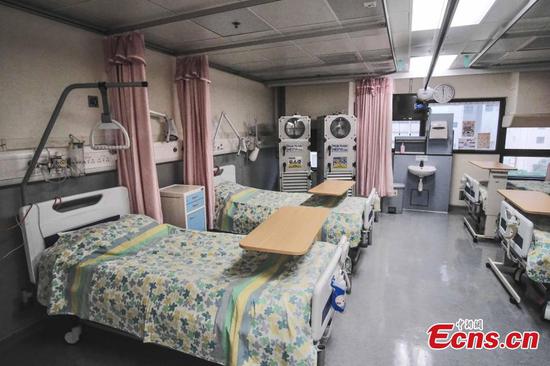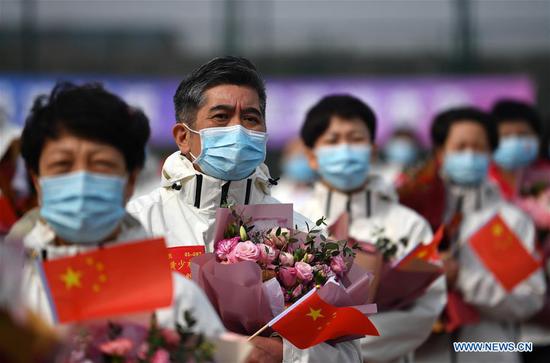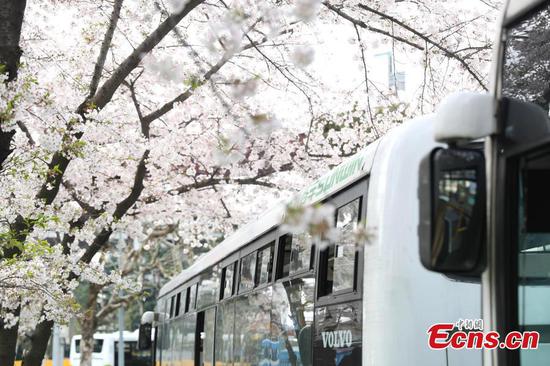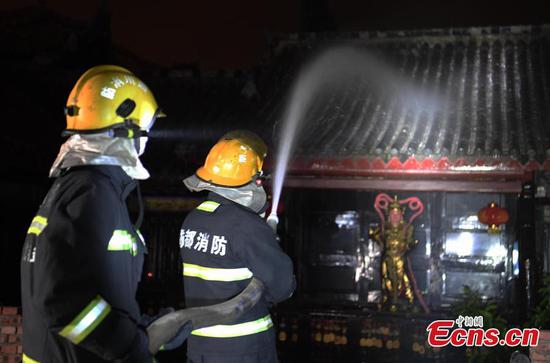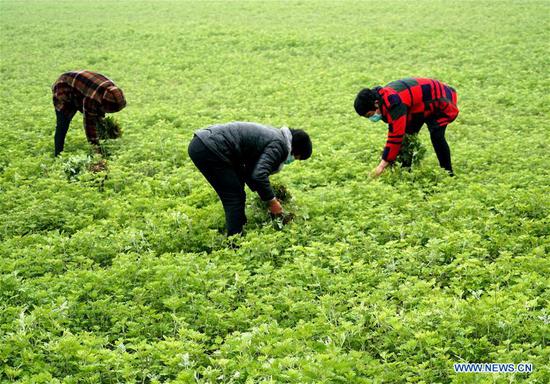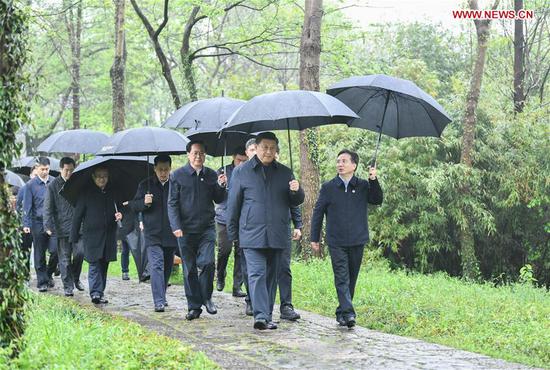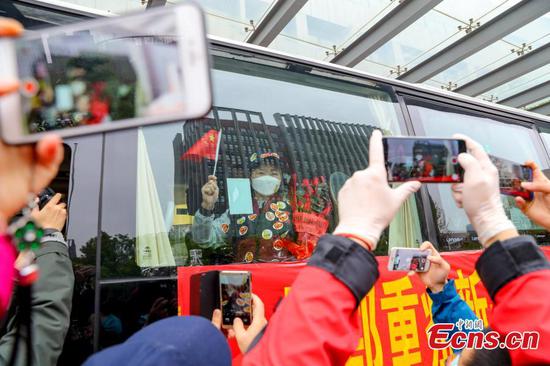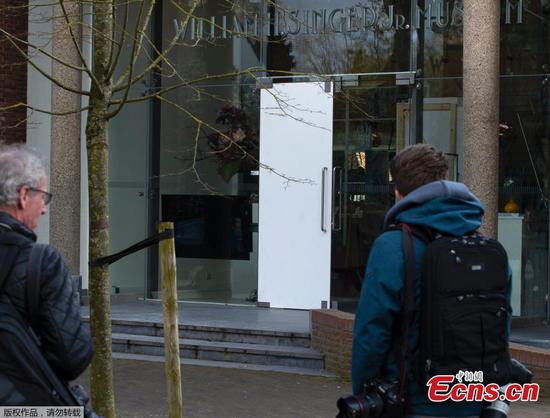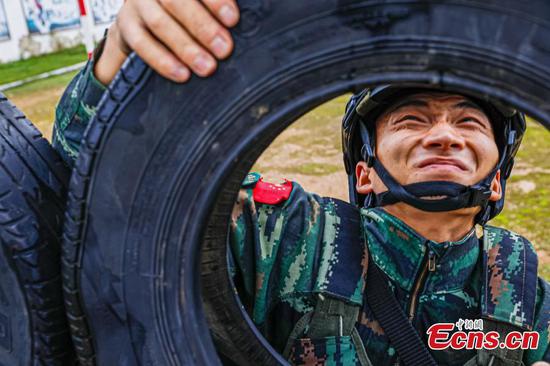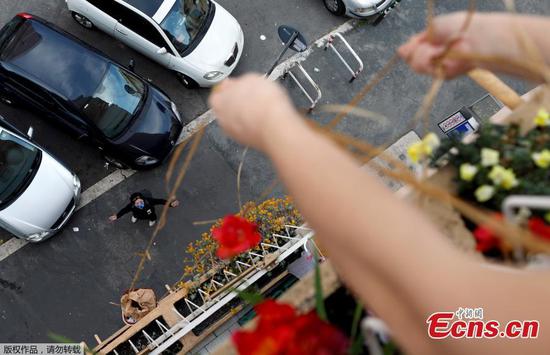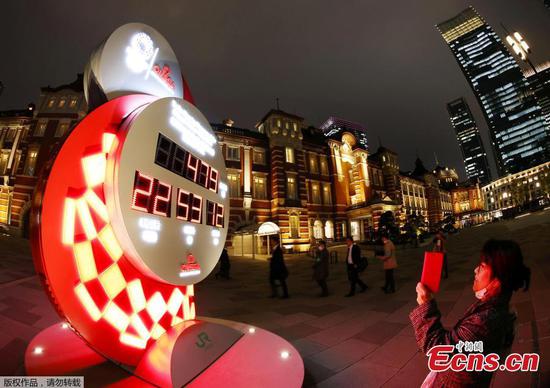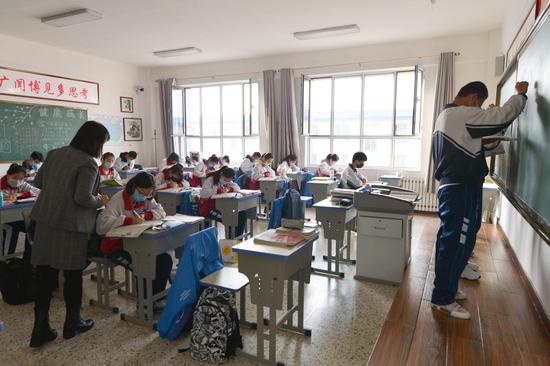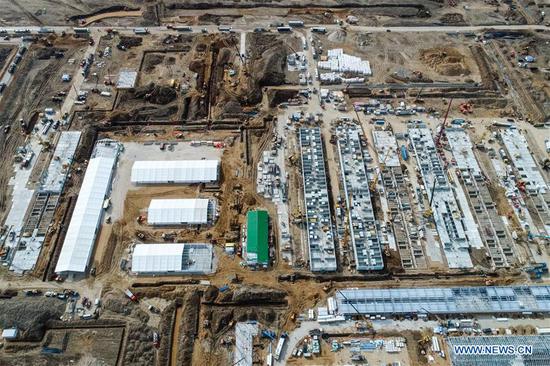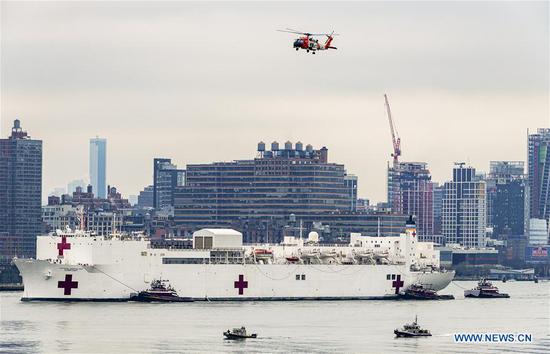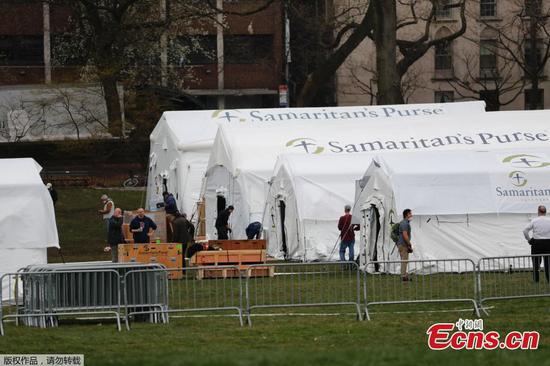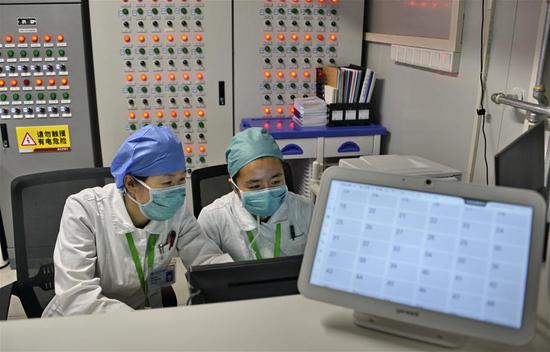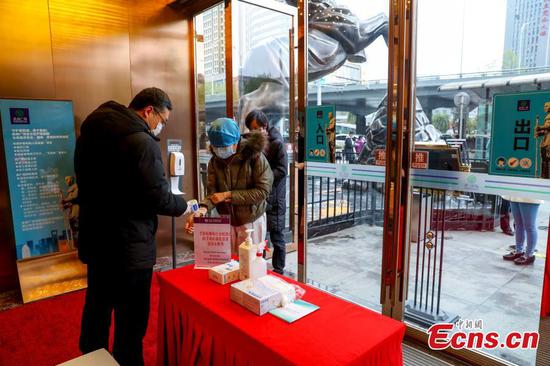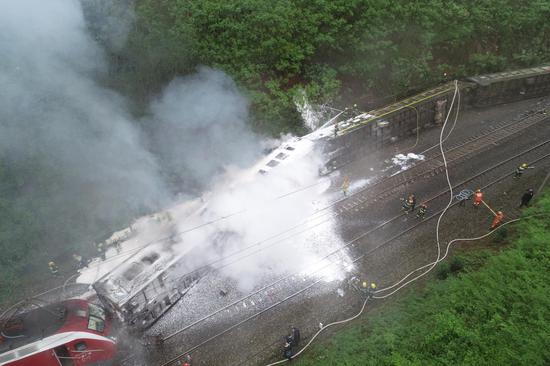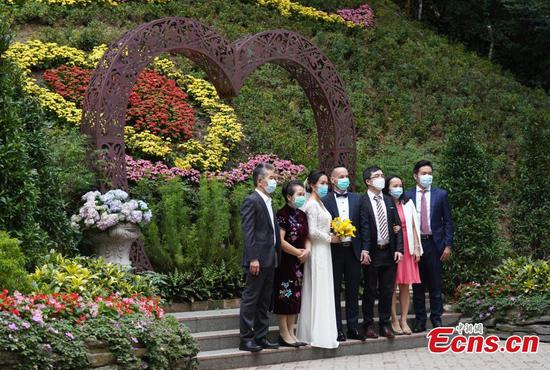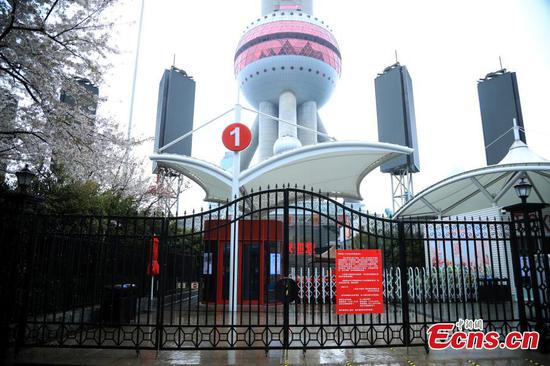Trying to get out ahead of the spreading COVID-19 epidemic in the United States, the American College of Chest Physicians (CHEST) reached out to key medical leaders in China to learn exactly what public health protocols and treatments they had instituted that enabled them to successfully and effectively stop the coronavirus outbreak in China.
On a multi-continent conference call hosted on Monday by Stephanie Levine, president of the CHEST and professor of medicine in pulmonary and critical diseases at the University of Texas, San Antonio, medical practitioners across the United States got a detailed rundown of the successful procedures that turned the tide on COVID-19 in China.
The two-day event was jointly sponsored by the CHEST, the Chinese Thoracic Society (CTS), the Chinese Association of Chest Physicians (CACP), and supported by the Consulate General of the People's Republic of China in Los Angeles.
"These protocols proved to be a crucial step in bringing the disastrous epidemic in Wuhan under control and can be just as effective anywhere," said Levine.
The two keynote speakers, Chen Wang and Jieming Qu, are both frontline heroes at home and heavyweights in China's successful battle to curb the coronavirus.
Chen Wang, a senior physician, is the president of the Chinese Academy of Medical Sciences and Peking Union Medical College, president of the Chinese Association of Chest Physicians (CACP), and former director of the Collaborating Center for Tobacco or Health of the World Health Organization.
Right out of the gate, he stressed that "Herd Immunity" -- leaving patients to fend for themselves until enough became immune to the virus -- was unethical and never an option.
Wang was posted to Wuhan at the onset of the COVID-19 outbreak and is still there mopping up operations. He maintained the importance of strictly enforced isolation protocols to prevent the spread of the virus.
China curbed the COVID-19 outbreak by using the following successful steps as he suggested:
Mandating citywide isolation; designating specific hospitals for the critically ill; setting up temporary sub-medical facilities and "Fangcang Shelter Hospitals" or mobile cabin hospitals, that can admit asymptomatic and mild-to-moderately symptomatic patients to achieve strict control and isolation of all infectious sources.
They also established quarantine sites such as empty hotels for people exposed to the virus and not yet symptomatic; strict and detailed protocols for each step in the management of COVID-19 patients and the protection of medical personnel; and implemented coordinated leadership groups that were given temporary administrative power to bypass the usual bureaucracies to coordinate and carry out comprehensive and intelligent public health mandates at different levels.
One of Wang's own highly-effective innovations was creating the "Fangcang Shelter Hospital."
This model hospital is designed as a large-scale health facility that can be rapidly built -- literally overnight -- by repurposing existing public structures that are already empty due to the coronavirus outbreak, such as stadiums, convention centers, gymnasiums, offices, airports and factories, into temporary housing and treatment facilities for thousands of patients.
These facilities provide isolation, triage, medical care, monitoring and referral, shelter and social engagement mild-to-moderately infected patients in order to free up the intensive care hospitals for the severely and critically ill and help prevent the spread of the virus.
Rounding out the seminar was Jieming Qu, president of Ruijin Hospital in Shanghai and the president-elect of the Chinese Thoracic Society.
Qu, a specialist in pulmonary infections, is the head of the Shanghai Coronavirus Action Plan. This plan kept Shanghai, a densely-packed city with a population in excess of 25 million, four times the size of New York city and six times the size of Los Angeles, from spiraling out of control following in the footsteps of Wuhan.
Instead of becoming China's second disaster area, under Qu's guidance, it suffered only 400 cases and 4 fatalities.
He stressed the need to implement the anti-viral effort using the following key steps:
Immediately close all public venues; stop crowds and gatherings of any kind; restrict traffic flow in and out of the city; wear masks at all time when in public; frequently wash hands and disinfect; set up public temperature monitoring stations to identify transmission sources; provide COVID-19 testing for symptomatic individuals and healthcare professionals; deliver food and essential supplies by non-contact means; and strictly isolate the sick.
It is worthy of note that, after implementing Qu's strict protocols, Shanghai has had no new cases in the last 28 days.
The doctors also advocated for Rapid Medical Response Teams with experienced doctors and nurses, immediate intensive training for medical personnel on COVID-19 specifics, the reasonable and fair distribution of medical resources wherever needed nationwide, and sufficient protective equipment for medical personnel and first responders serving on the frontlines in the war against COVID-19.
Chris Carol, professor of pediatric critical care at University of Connecticut at Harford, and head of the CHEST Critical Care Network, pointed out that the personal protection equipment (PPE) worn by healthcare workers in China were better and provided significantly more protection than the ones used by U.S. healthcare workers.
He also noted that Chinese citizens appeared to be much more willing to wear masks while in public than Americans were. "Is that a cultural thing?" he queried.
China has bought time for the rest of the world to prepare for the outbreak in their country, but sadly, few, if any, seemed to have taken advantage of those precious three months to get better prepared or work together toward a common goal.
Wang made an impassioned plea, "We should act together to stop the spread of the virus. We should help each other and look after each other. Solidarity is needed and conflict should be set aside."
He expressed the strong belief that this is the time for solidarity, compassion, and, above all, collaboration.
"Countries have a responsibility to show up, step up and gear up. We can slow down transmission, prevent infection, and save lives through our personal, national and international efforts," he said. "People of all countries should join forces to strengthen our global response against COVID-19 and work together to build a shared future for mankind."











